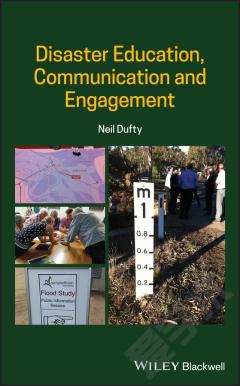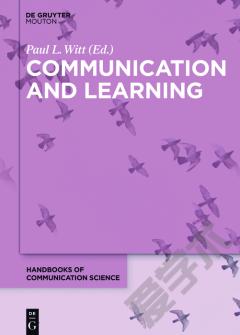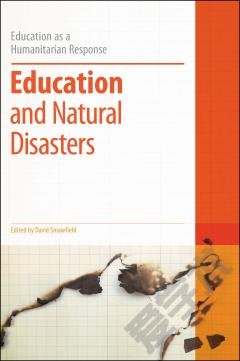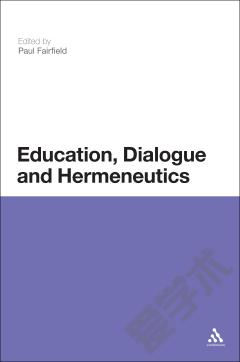Disaster Education, Communication and Engagement
A detailed guide to the design and evaluation of effective disaster learning programs Disaster Education, Communication and Engagement provides a much-needed evidence-based guide for designing effective disaster learning plans and programs that are tailored to local communities and their particular hazard risks. Drawing on the most recent research from disaster psychology, disaster sociology, and education psychology, as well as evaluations of disaster learning programs, the book contains practical guidance for putting in place a proven design framework. The book outlines the steps to take in order to tailor a disaster education, communication and engagement program and highlights illustrative examples of effective programs and activities from around the world. The author includes information on how to identify potential community learners and presents a methodology for understanding the at-risk community, its hazard risks, disaster risk reduction, and emergency management arrangements. Disaster Education, Communication and Engagement describes both country-wide campaigns and local disaster programs that involve community participation. This important resource: Presents a detailed framework to guide the design and evaluation of tailored disaster learning programs Includes information that links disaster resilience with sustainability and climate change learning Describes the ‘disaster cycle’ and reviews learning content and methods related to the cycle Explains effective ways to combine disaster education, disaster communications, and disaster-related engagement Contains material on using new technologies such as gamification, virtual reality, and social media Written for emergency managers, students of emergency management, and humanitarian courses, Disaster Education, Communication and Engagement is a hands-on guide filled with ideas and templates for designing and evaluating targeted disaster learning programs.
{{comment.content}}








 京公网安备 11010802027623号
京公网安备 11010802027623号